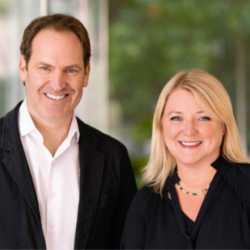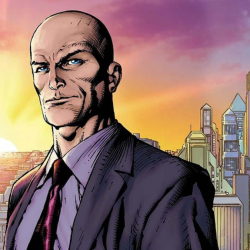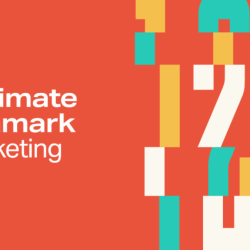In the 1990s I became involved in a project, which was way ahead of its time — reengineering the ad agency. Looking back, the 80s and 90s might seem to have been the golden age in Mad Ave and Soho. But from my vantage point then — managing global pitches — the common factor in almost all the assignments we handled was client dissatisfaction, with just about every aspect of the relationship with their outgoing agencies. The significant exception was creativity, and you must remember this was way ahead of the in-house agency revolution. Aside from some talented freelancers, the agencies had no competition on the creative front. So the only answer was swapping one agency for another. And as long as new business beckoned, agencies and their owners were content to carry on as before.

Re-engineering was the management watchword then, advocated by gurus like Peter Drucker and Tom Peters. But the fathers of reengineering (aka Business Process Re-engineering, BPR for short) were Michael Hammer (formerly a Professor at MIT) and his fellow management consultant Jim Champy. These gentlemen had far more substantial fish to fry than mere agencies. Their seminal book Reengineering the Corporation, published in 1993, is peppered with war stories from big agency clients like Ford, Amex, Hallmark, as well as disappeared names like Bell Atlantic and Eastman Kodak.
How did they define reengineering?
To Hammer and Champy it was ‘the radical redesign of a company’s processes, organisation and culture’.
They also had a pithier definition — ‘starting over, starting from scratch’. The cliché ‘not fit for purpose’ was not around in those days, but Hammer and Champy felt that way about virtually all the giant companies of that era. ‘America’s business problem is that it is entering the twenty-first century with companies designed during the nineteenth century’, they wrote. They saw the pressures then as being global competition and unrelenting change.
If that was enough to advocate a root and branch deconstruct / reconstruct of commerce and industry in those days, what on earth would they say about today’s scenario?
Governments either losing control completely, or resorting to diktat, faced with unprecedented threats to their authority, fomented by social media, and often manifested in the streets.
Galvanic change, driven by geometric technological innovation, dwarfing mere competition between companies and brands.
Online transactions replacing retail as the consumer interaction of choice.
And on the macro scale:
- The first global pandemic in the modern world, and its remarkable aftermath — fear of crowds and desertion of the workplace
- War in Europe
- Strong China, Russia resorting to dark ages warfare
- Weak US and EU
- Galloping inflation — with all the threats to living standards that implies
- Food poverty
- Climate change / pressure to achieve carbon neutral
All this before we come to unparalleled and irreversible changes to the settled order of things, driven by the worldwide movement for diversity, inclusion and equality.
Today’s corporations definitively require re-engineering. They need to take a holistic, root and branch approach — not just relying on sanctimonious PR pronouncements, changing the dramatis personae, and papering over the cracks. In 2022 we will need different words from 1993. Perhaps something like ‘Reinventing Business’.
But I believe Hammer and Champy’s masterly book from nearly 30 years ago deserves to be revisited — not least because of its relentless focus on replacing broken process, and searching for structure and organisation that works in a world turned upside down. So many business leaders today seem to be trying to fix ailing aircraft in mid-flight. Their companies will surely crash. The business world needs a new generation of aircraft, newly trained and empowered crews, and realistic flight plans. That isn’t going to happen without a radical rethink, and the courage to change just about everything.
Featured image: Taylor / Unsplash































